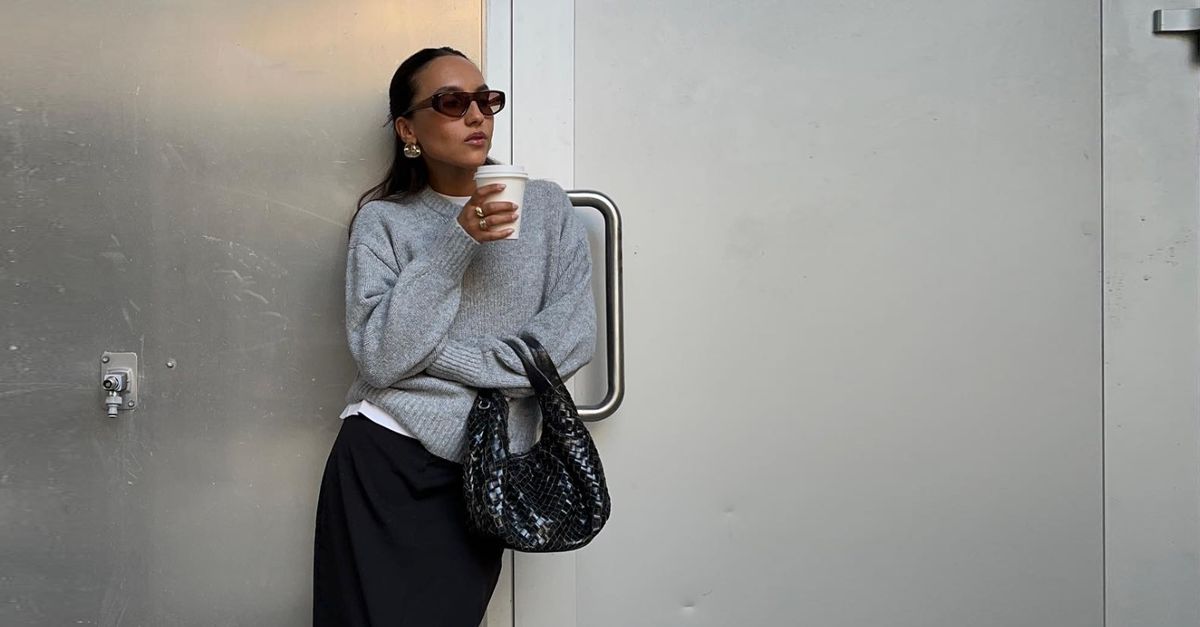Jobs
Walz touts EV jobs as he spars with Vance on clean energy in VP debate

Washington — JD Vance and Tim Walz clashed over clean energy and manufacturing jobs early in Tuesday’s vice presidential debate, laying out different approaches to growing industrial sectors and competing with China in the global economy.
The exchange came in response to a question from CBS News moderators Norah O’Donnell and Margaret Brennan about how to combat climate change in the wake of destruction caused by Hurricane Helene.
“If we actually care about getting cleaner air and cleaner water, the best thing to do is to double down and invest in American workers and the American people. And unfortunately, Kamala Harris has done exactly the opposite,” said Vance, the Republican nominee and current Ohio U.S. senator.
Walz, the Democratic nominee and current governor of Minnesota, responded: “We got close to an agreement because all those things are happening.”
“(Under) the Biden-Harris administration… we’ve seen massive investment, the biggest in global history that we’ve seen in the Inflation Reduction Act has created jobs all across the country,” he said.
The moment reflected a disconnect between the campaigns of Democratic presidential nominee Kamala Harris and the GOP nominee, former President Donald Trump. The Democratic ticket has a record of energy investments and manufacturing growth to point to, but Vance suggested their record was insufficient and Republicans would perform far better if voters send them to the White House in the Nov. 5 election.
More: VP candidates asked about convictions of Oxford school shooter’s parents during debate
More: Walz, Vance focus attacks on top of the ticket in VP debate
In mentioning the Inflation Reduction Act, Walz was referencing the landmark, multibillion-dollar climate action and manufacturing bill that became law in 2022. It is widely recognized as one of the most significant investments in addressing climate change in the country’s history, laden with new or expanded tax credits for clean energy production and key technologies like electric vehicles — which could shape the future of the auto industry in Michigan.
The Democratic vice presidential hopeful claimed that the IRA alone has created 240,000 jobs in the U.S., though nonpartisan environmental think-tank E2 placed that number around 105,000 as of May 2024. Other major spending bills, like the Bipartisan Infrastructure Law, have also encouraged growth in the clean energy and manufacturing sectors through funds for EV chargers and advanced battery production plants.
Walz specifically mentioned EV jobs growing under the current administration, touting more than 2,000 expected to arrive in Jeffersonville, Ohio. Construction is in progress there for a battery plant to be operated jointly by LG Energy Solution and Honda Motor Co. That facility might benefit from some IRA credits, but it was already in the planning stages before the IRA became law, according to Inside Climate News.
Vance did not acknowledge the economic impact of those laws other than to note that China is still the world’s leading producer of solar panels. Instead, he promised to “restore as much American manufacturing as possible, and you want to produce as much energy as possible in the United States of America, because we’re the cleanest economy in the entire world.”
His running mate, Republic presidential nominee Donald Trump, has frequently vowed to bring back manufacturing jobs, including automotive jobs in Michigan. The former president mostly failed to deliver on those promises during his first term, however.
More: History casts doubt on Donald Trump’s auto industry promises
Vance also suggested that “Kamala Harris’s policies actually led to more energy production in China, more manufacturing overseas, more doing business in some of the dirtiest parts of the entire world — and when I say that I mean the amount of carbon emissions they’re doing per unit of economic output.”
China does, in fact, have worse emissions per unit of economic output than the U.S., according to Our World in Data. China’s emissions-to-GDP ratio has improved, though, as the country has become wealthier and emerged as a world leader in some clean energy technologies.
Many of the Biden administration’s policies on clean energy and manufacturing — especially in the automotive sector — are meant to shore up U.S. supply chains for key energy technologies and cut into China’s lead as the world’s leading producer of EVs and important EV components.
Vance offered few specifics during the short debate exchange on how he and Trump would support U.S. manufacturing or clean energy jobs, though Trump has promised to achieve gains by eliminating so-called “EV mandates” that impact the auto industry and raising tariffs across the board on all U.S. imports — with even higher rates for goods from China.
More: Fact check: Is there a Biden-Harris EV mandate?
Economists largely agree that such policies could wreak havoc on international trade and cause price increases for U.S. consumers, but Trump has stuck to the idea.
Vance also suggested Tuesday the U.S. could improve on clean energy — and energy prices — by building more nuclear energy facilities and promoting more investment in natural gas. Under the Biden administration, the U.S. has pursued both of those pathways.
The Biden administration put up $1.5 billion in March 2024 toward a first-of-its-kind effort to reopen the Palisades Nuclear Plant in southwest Michigan. Two other new nuclear facilities have also come online since July 2023, per the U.S. Energy Information Administration.
Data from the EIA also show that U.S. natural gas production has continued to reach all-time highs under Biden, as was the case under Trump, too.
gschwab@detroitnews.com
@GrantSchwab







